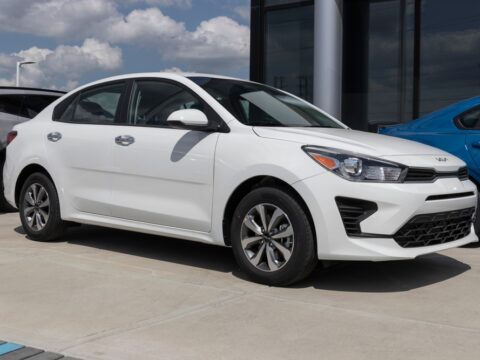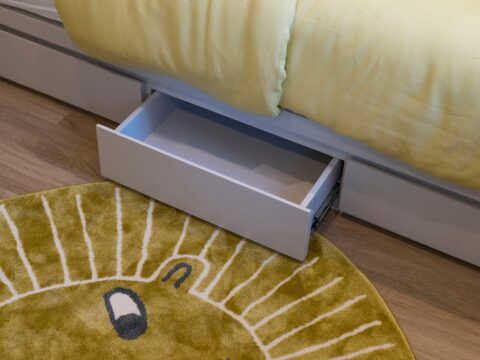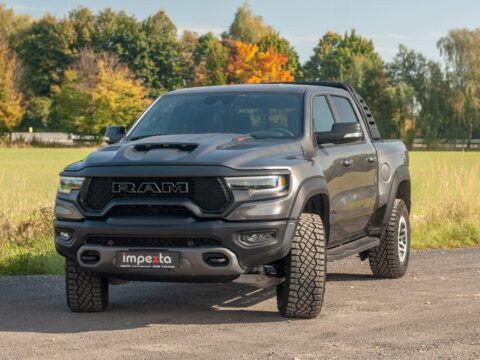As the summer sun beckons families and adventurers alike to hit the open road, ensuring your recreational vehicle is in top shape is crucial. Summer brings with it the promise of unforgettable road trips and outdoor fun, but the high temperatures and extended use can take a toll on your RV. Proper maintenance not only extends the lifespan of your vehicle but also enhances safety and comfort during your travels. From air conditioning systems that keep the cabin cool to brakes that need to be responsive on mountainous roads, each component plays a pivotal role in your summer escapades.
Therefore, preparing your RV for summer isn’t just about making it travel-ready; it’s about ensuring a worry-free journey. Addressing key areas such as the air conditioning, tires, brakes, and water systems before you set out can prevent inconvenient breakdowns and costly repairs. This guide will walk you through essential summer maintenance tips that cover everything from routine checks to specific summer-ready adjustments. Whether you’re a seasoned RVer or planning your first summer on wheels, these tips will help you keep your RV running smoothly, ensuring peace of mind as you explore the great outdoors.
Contents
Check the Condition of Your AC
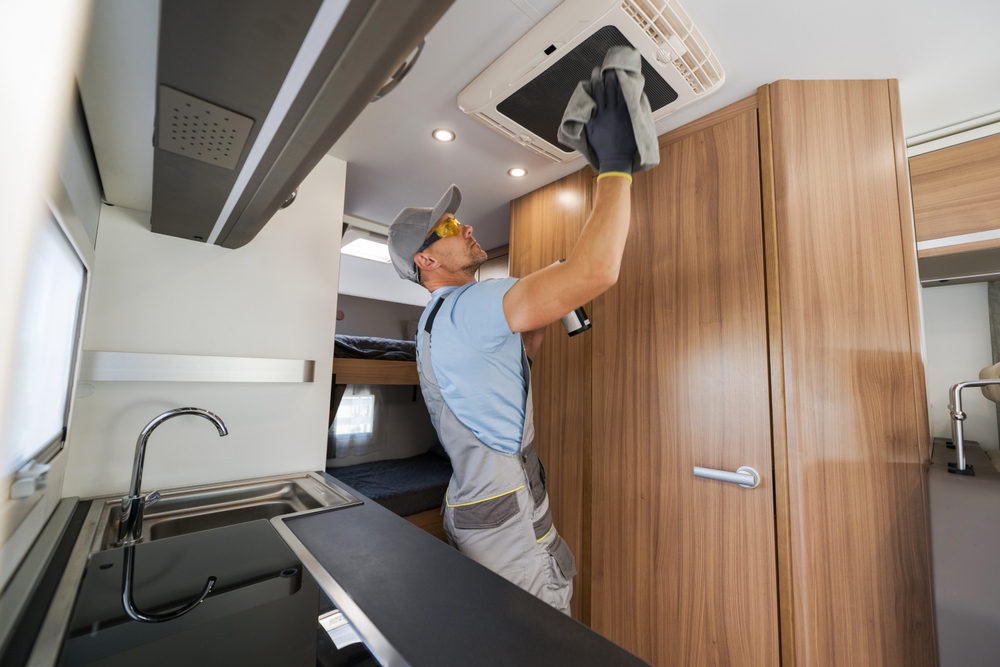
In the heat of summer, a functioning air conditioner is critical for comfort. Ensure your RV’s AC unit is clean and the filters are replaced or cleaned as needed. This not only ensures efficient cooling but also prevents the circulation of dust and allergens. An annual service by a professional can keep it running smoothly and efficiently.
Lubricate Moving Parts
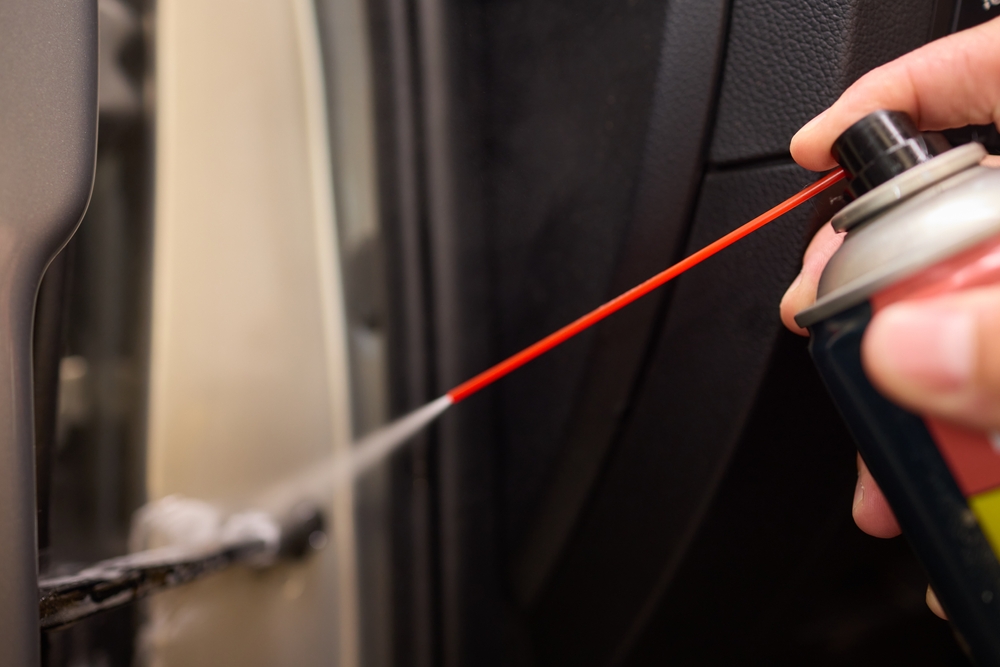
Regularly lubricating moving parts like slide-outs, hinges, and window tracks can prevent rust and wear. Use a suitable lubricant to ensure these components move smoothly. This simple step can extend the life of these parts and make your RV trips hassle-free.
Test the Battery and Electrical System
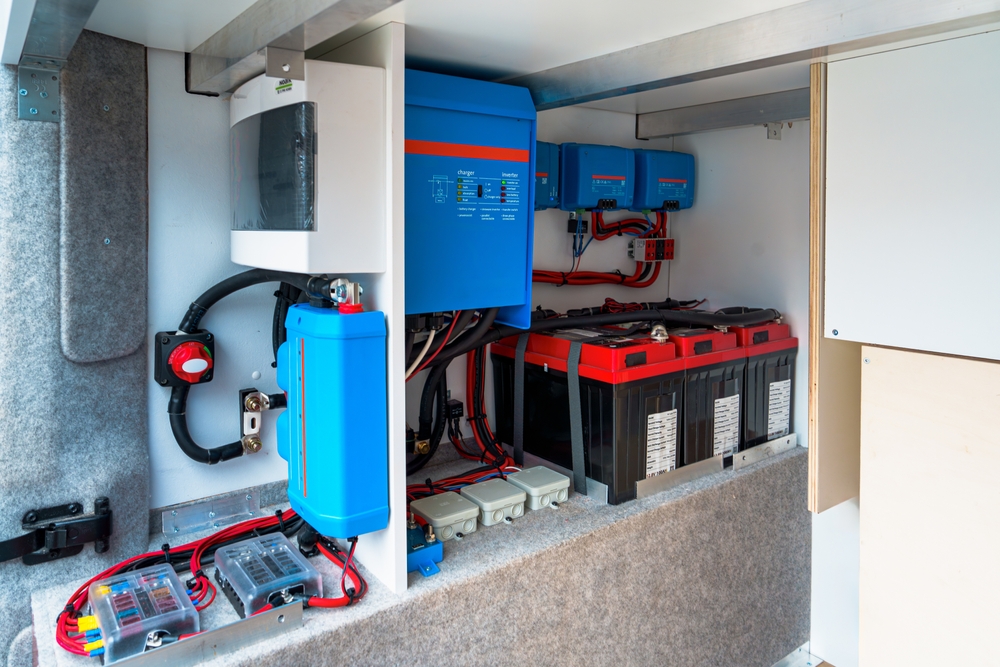
Before setting out, test your RV’s battery and inspect the electrical system to avoid power issues during your travels. Ensure all connections are secure and corrosion-free, and consider a battery performance test to gauge its life expectancy.
Check Smoke and Carbon Monoxide Detectors
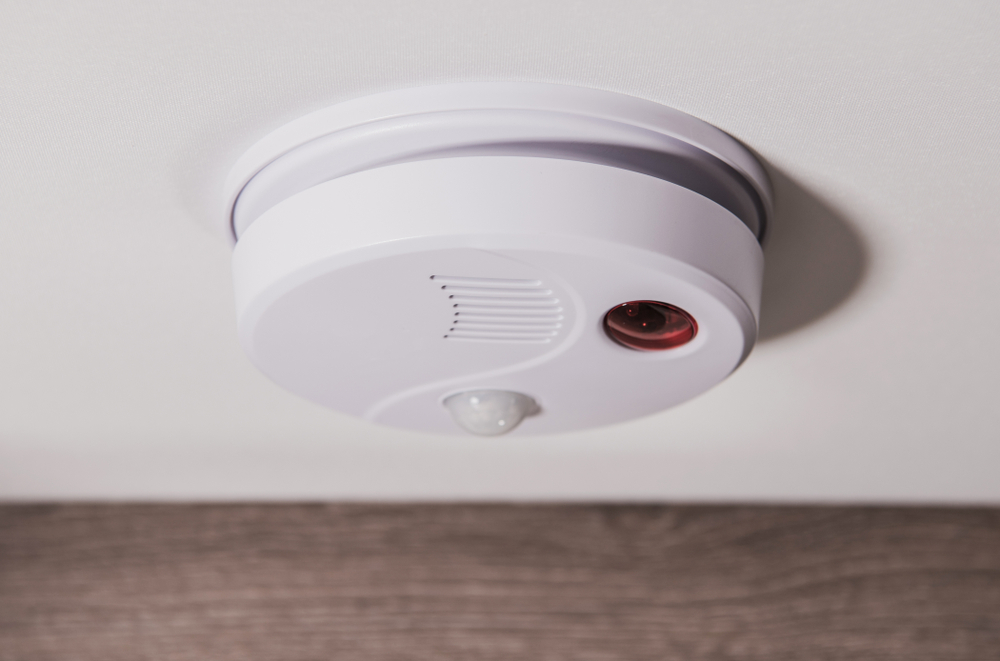
Safety is paramount, so check that your smoke and carbon monoxide detectors are functioning correctly. Replace batteries if necessary and test the units to ensure they’re operational, as these devices are essential for detecting potential hazards and preventing accidents.
Check the Brakes
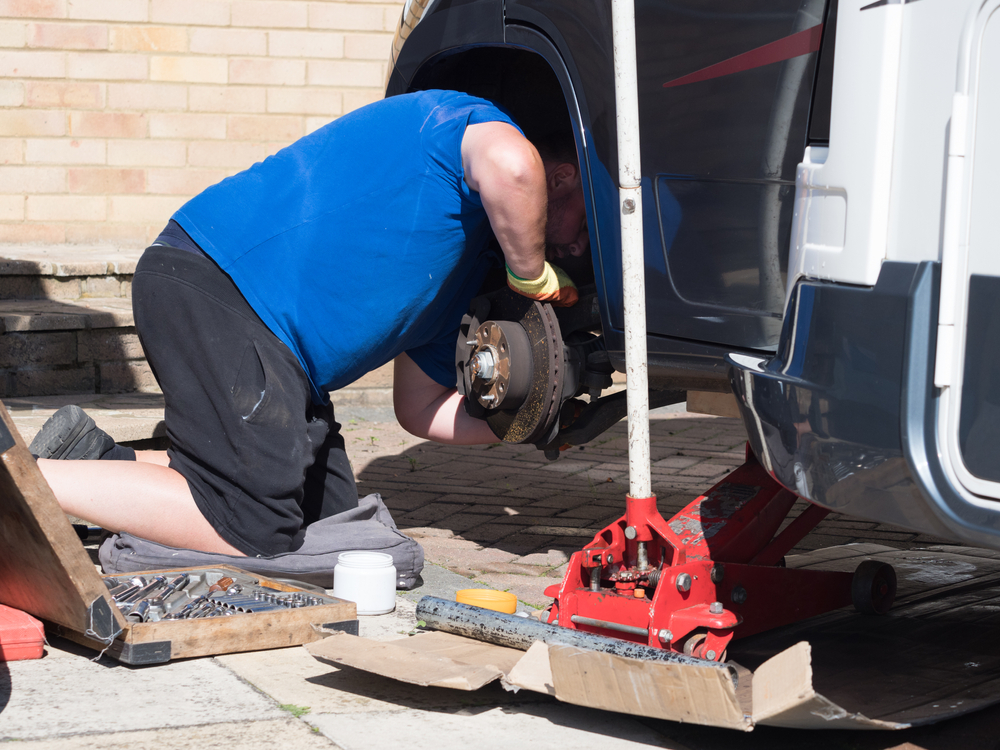
Inspect the brakes for wear and ensure they are operating correctly. Brake maintenance is crucial for safety, especially when traveling in mountainous areas or on long descents where brakes are prone to overheating.
Inspect the Roof and Seals
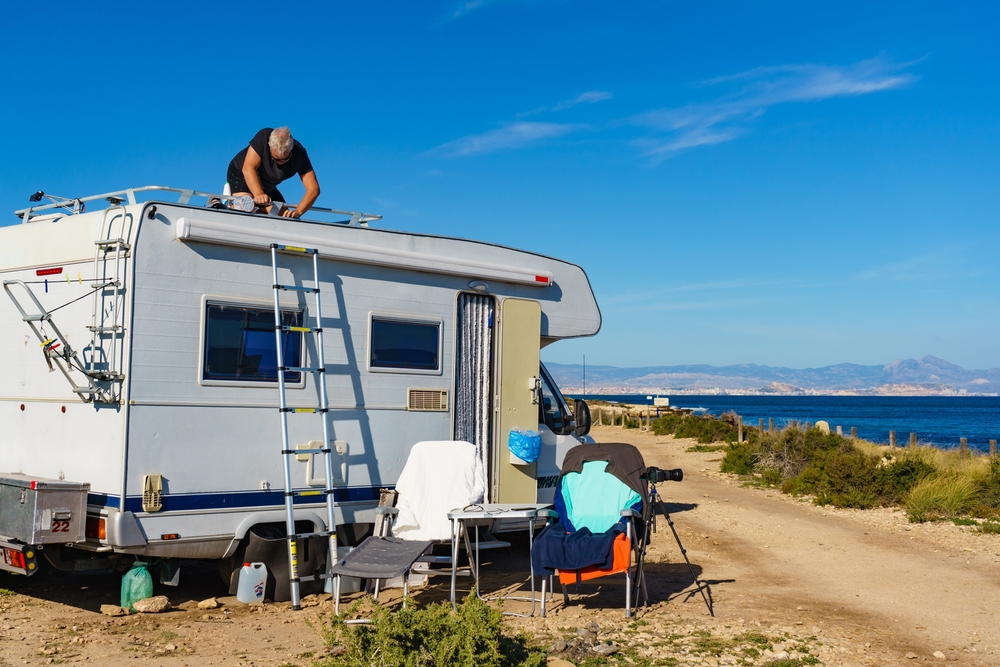
Regularly check the roof and all seals around windows, doors, and slide-outs to prevent water damage. Look for cracks or breaks in the sealant and reapply or replace it as necessary to keep your interior dry and mold-free.
Flush and Clean the Water System
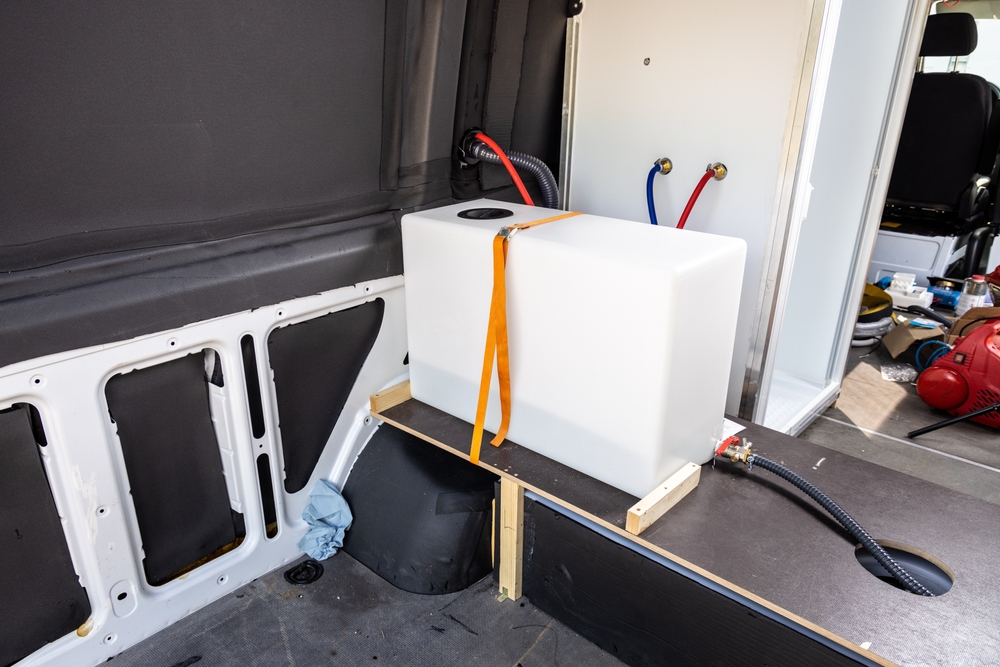
After a winter of disuse, it’s important to flush your water system to remove any stale water and debris. Use a specialized cleaner to sanitize the system and ensure your water is fresh and safe to drink.
Check Tire Pressure and Tread
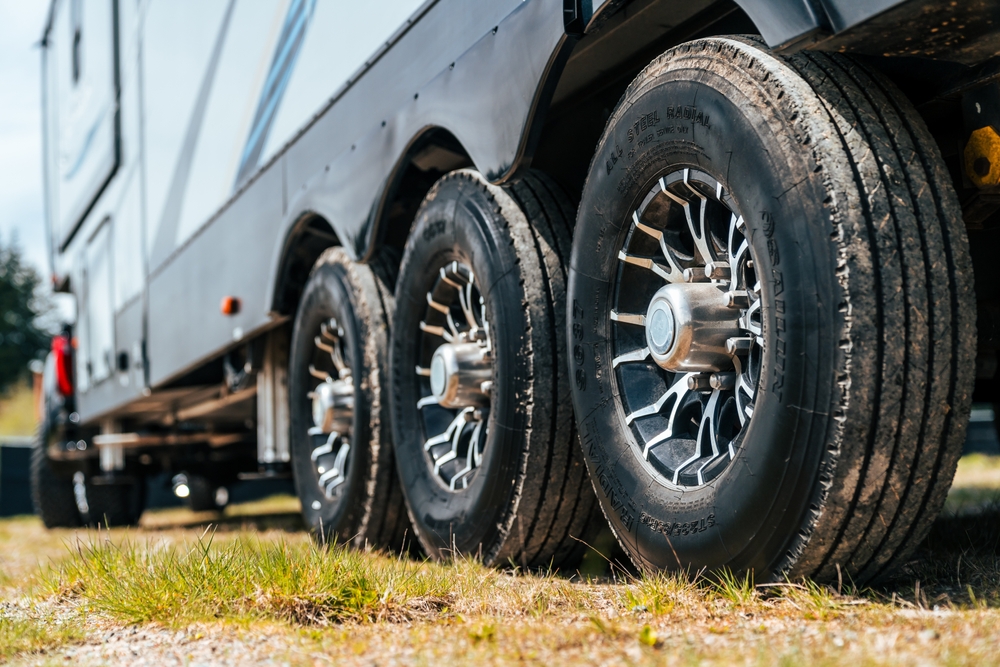
Tires are the foundation of your travel safety. Check the pressure to ensure it matches the manufacturer’s recommended levels, and inspect the tread for signs of wear or damage. Properly maintained tires improve fuel efficiency and reduce the risk of blowouts.
Clean and Check Vents
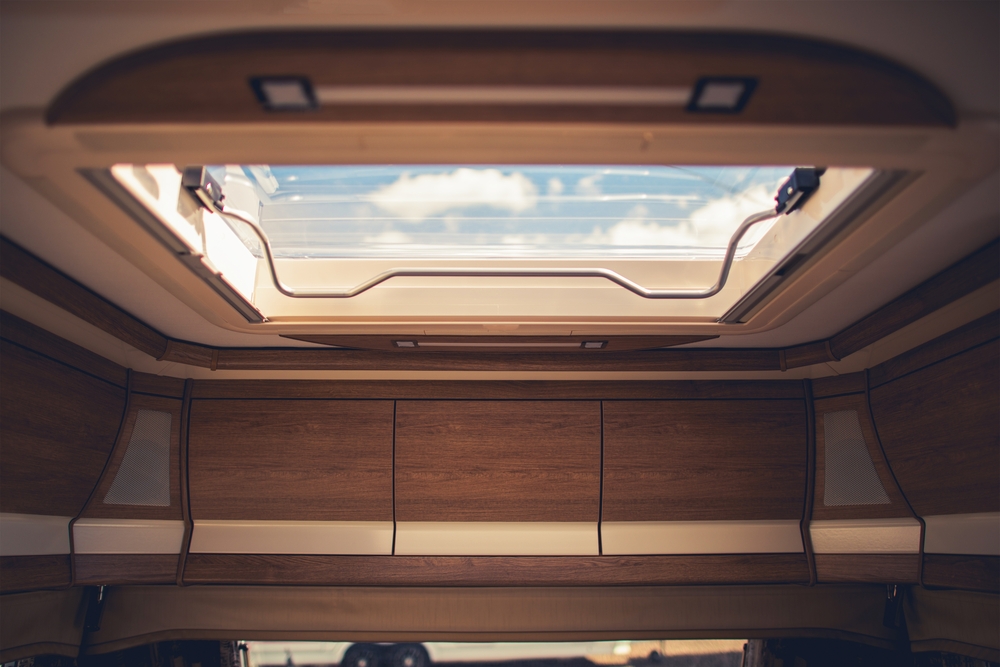
Vents can accumulate dust and debris, which can impede airflow. Clean all vents thoroughly to ensure efficient operation of your HVAC system and prevent overheating of appliances like refrigerators.
Inspect the Awning
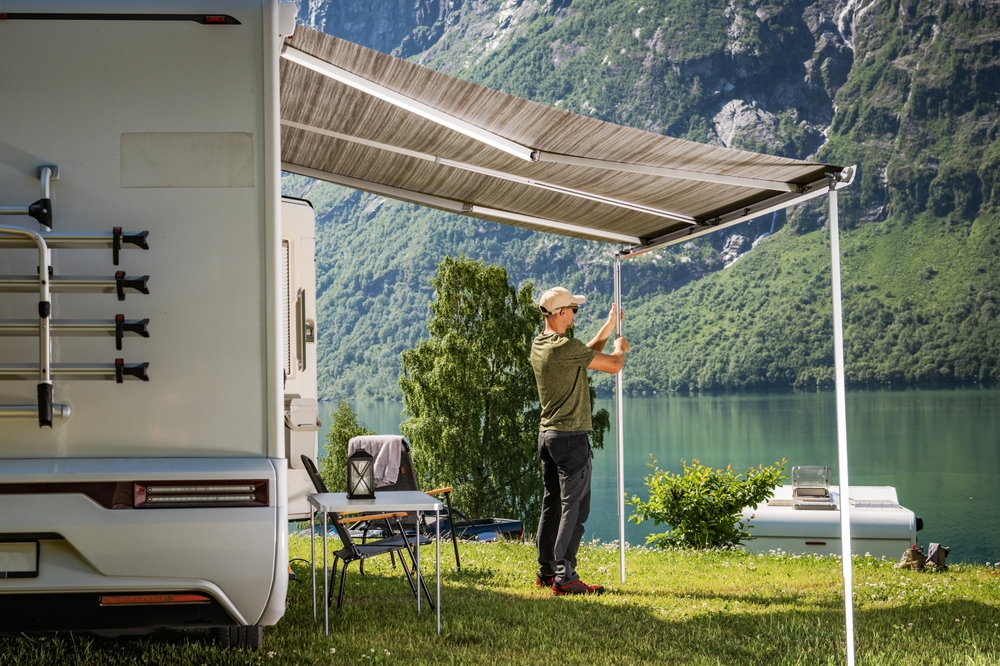
Check your awning for tears or damage, and clean it to remove dirt and debris. This not only extends the life of the awning but also enhances the appearance and functionality of your outdoor living space.
Test All Lighting
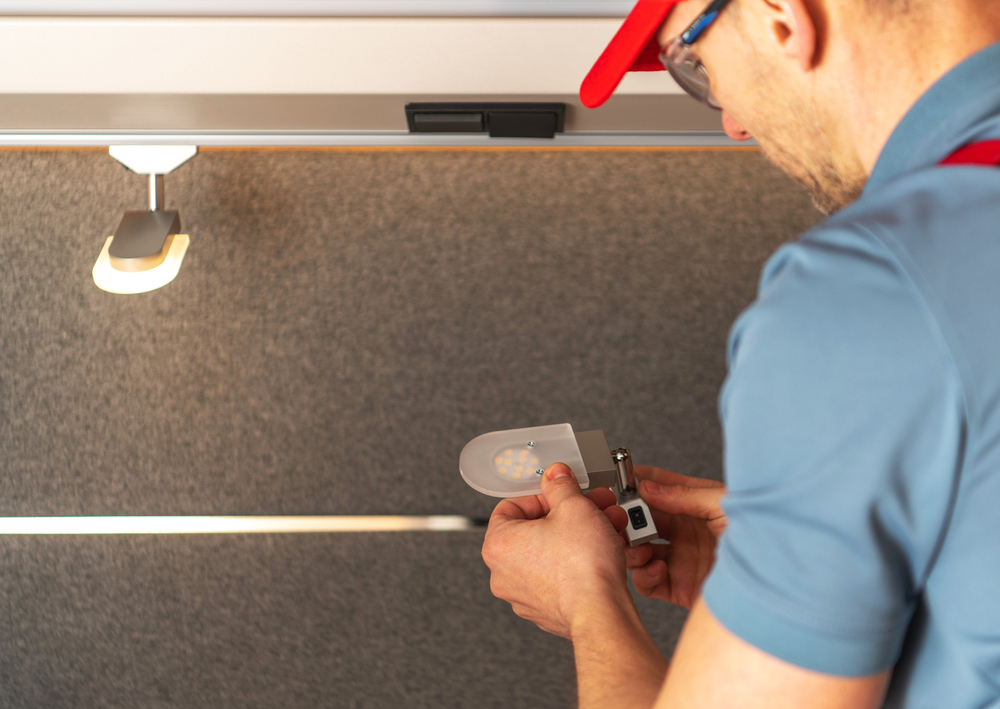
Interior and exterior lights should be checked for functionality. Replace any burned-out bulbs and consider upgrading to LED lighting for better energy efficiency and longer bulb life.
Service the Generator
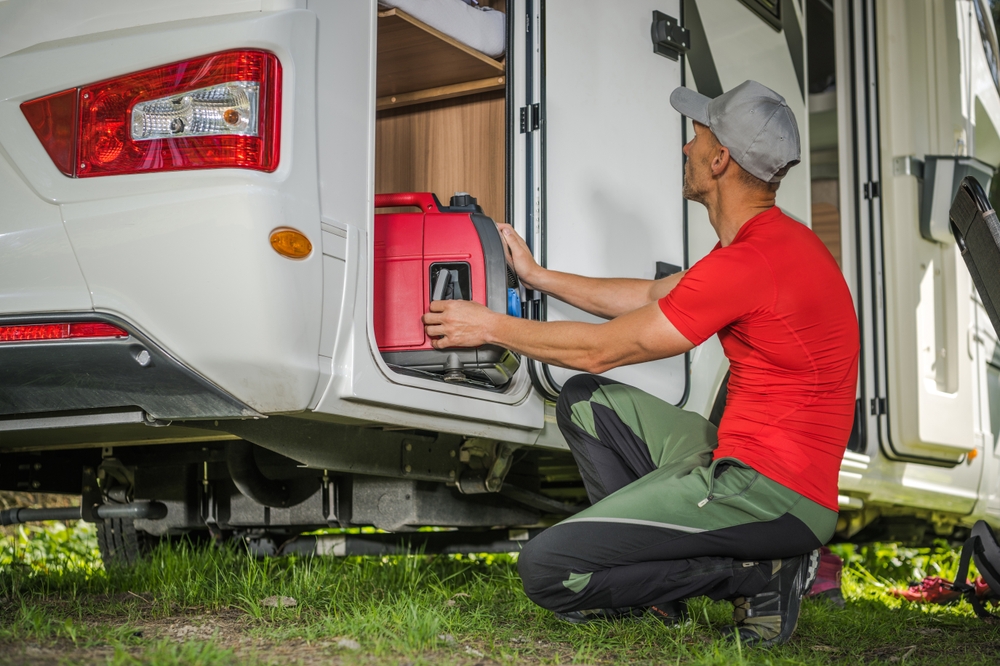
If your RV has a generator, regular service is crucial, especially before heavy use in the summer. Change the oil and filters and run the generator for a few hours to ensure it’s ready when you need it.
Check for Pests
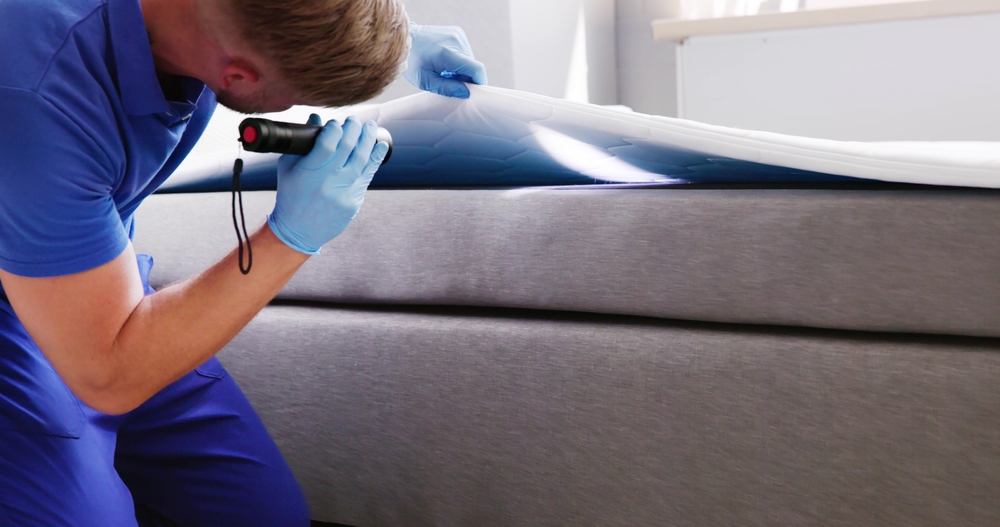
Inspect your RV for any signs of pest infestation, particularly in areas where food is stored and where it’s been parked for an extended period. Seal any gaps or holes where pests could enter.
This article originally appeared on MyCarMakesNoise.
More from MyCarMakesNoise
10 Extreme Off-Road Vehicle Mods for Adventurous Drivers

Standard vehicles often fail to provide the necessary durability and performance for those who crave adventure and the thrill of the unbeaten path. Extreme off-road modifications transform everyday vehicles into powerful machines capable of tackling the most challenging terrains. Read More.
15 Iconic Car Designs That Influenced the Industry

Throughout the history of the automotive industry, certain car designs have stood out for their groundbreaking impact on the market and culture. These iconic vehicles defined their eras and set new benchmarks in performance, aesthetics, and technology. Read More.
10 Worst Military Vehicles Ever Deployed

Military hardware doesn’t always hit the mark. While some vehicles become legendary for their effectiveness, others are plagued by problems that render them almost useless. Read More.

